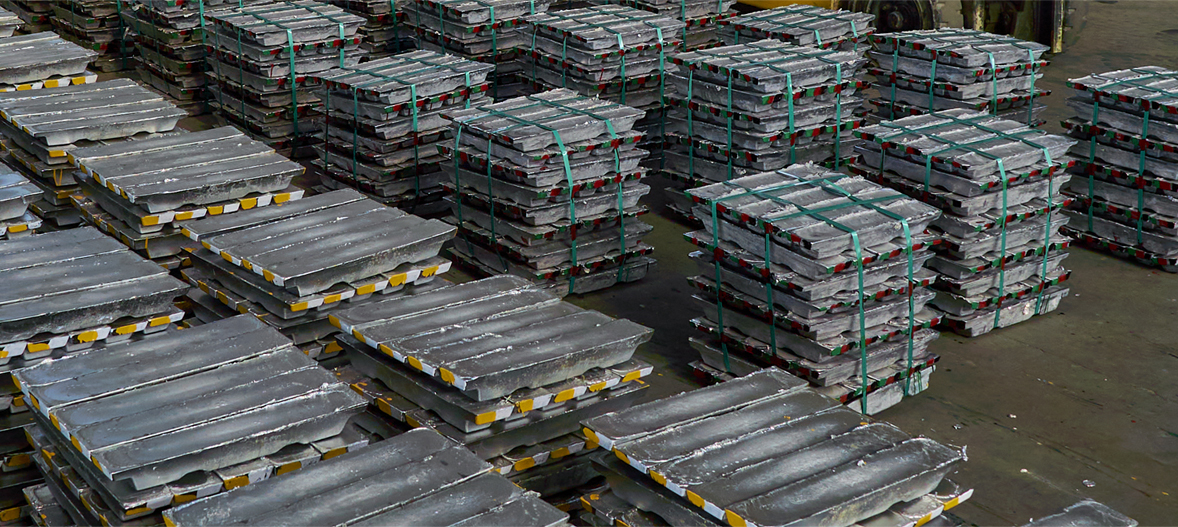
Pure Lead :
Pure Lead up to the purity level of 99.98% minimum is produced by the Company. Pure lead is obtained from raw lead billions or maybe re-melted lead ingots that go through refining processes, thereby obtaining almost 99.97% or 99.98% pure lead by weight.
Having a high melting point of 327.5 degrees Celsius and a boiling point of 1749 degrees Celsius, lead is used in the manufacture of lead-acid batteries for vehicles, UPS system, counterweights, radiation protection bricks, fishing sinkers, and also bullet casings.
There are specific procedures leading to pure lead ingots from raw lead bullions, or even re-melted lead ingots through a range of pyro metallurgical procedures.
Lead Alloys :
The Company manufactures Lead Alloys in standard Ingots shape and weight. Lead ingot sizes range between 550 * 110 * 65 mm with LME approved design and a weight of 25 (+/- 1.2) kg. Lead is very soft and ductile and commercially used as lead alloys. Most of the alloying elements are antimony, arsenic, tin, and also calcium. Antimony generally imparts hardness and strength. Lead has certain traits like being malleable, flexible, high coefficient of thermal expansion, elastic modulus, elastic limit, and electrical conductivity.
They are mainly used in some of the superior mechanical properties when compared to pure lead. They may contain some minor elements like silver, aluminium, bismuth, and also some alkaline earth metals. They would improve the battery performance as well as alloy properties.
The use of lead-calcium and tin alloys have become more common for producing lead-acid battery grids. They are used mainly for positive and negative grids of valve-regulated acid batteries.
They are used in various types of solder and bearing alloys, as it has a lower coefficient of friction and also fatigue resistance. They are even found in some of the lowest melting alloys like Wood’s metal.
Lead antimony is one of the numerous alloys mainly used for bearing assembly, ballast, step soldering, casting as well as radiation shielding. Antimony is said to add rigidity to the design. Antimony would allow stiffening of the alloy and aid in machining the stuff.
Lead-tin alloys that contain almost 98 percent weight by tin are known as solders. The melting point could be a minimum of 183 degrees Celsius and have a 38 % lead by content. They are generally used in the cast-on strap technology and production of terminals for the maintenance of VLRA batteries.
The lead-tin and silver alloys are developed being an alternative to all lead-containing solders. The typical commercial tin/ silver alloys contain 3-5 percent silver. The tin/ silver solders are used for high temperatures and also some high-reliability applications.
Lead and selenium alloys have a great conductivity and high tensile strength that ensures great grid density. They generally exhibit good resistance to corrosion and also eliminate inert granular corrosion. They possess stability under the float charge and all the consistent cell voltages.
These are produced mainly for the lead and battery industry. The alloys are lead-arsenic and lead-selenium and they are produced with skill and tradition using sophisticated environmental protection.
The elements added to lead are tin, tellurium, silver, and bismuth. They provide resistance and bending to the material. Storing alloys at room temperature leads to the softening of arsenic and is precipitated.
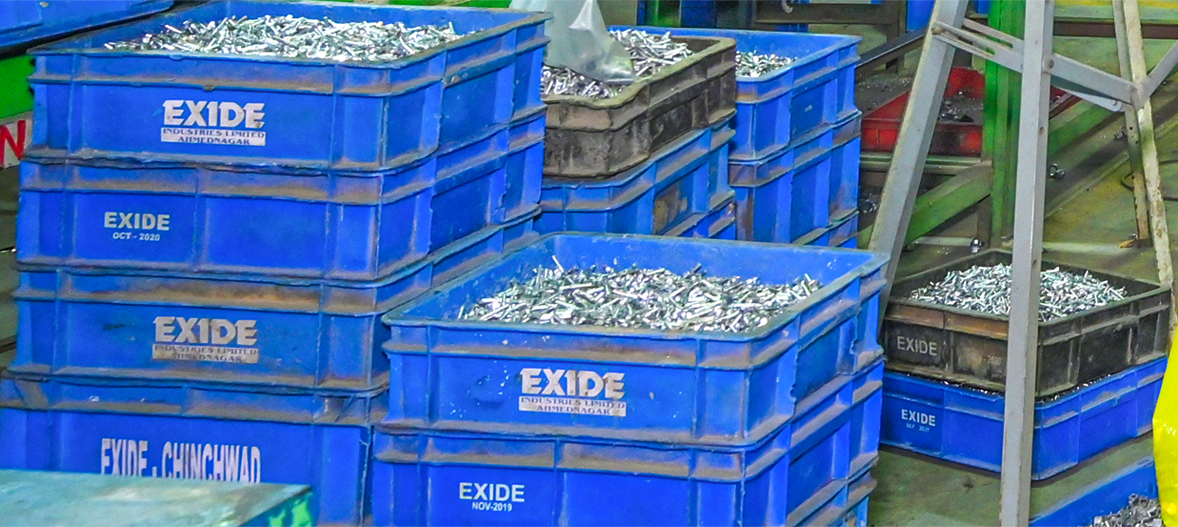
Lead components are used by customers' to design, manufacture and develop several small components required in the manufacturing of lead acid batteries.
Lead components are widely used in the battery industry towards manufacturing of plastic lids required for the finishing of batteries in the final assembly line.
These components are casted from gravity casted lead alloys to suit the battery types for the various stationary and automotive applications in the battery industry.
List of Lead components
 Fork Lifting Ingots
Fork Lifting Ingots
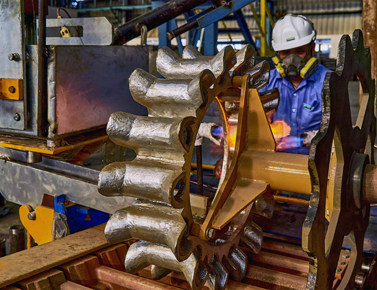 Ingots Machine
Ingots Machine
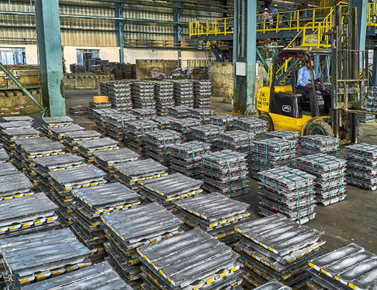 Stacking of Ingots
Stacking of Ingots
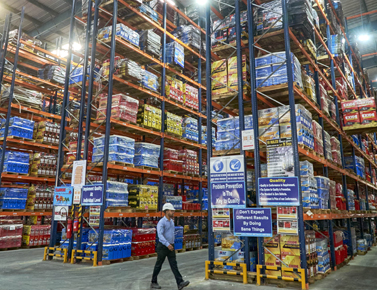 Stacked up batteries
Stacked up batteries
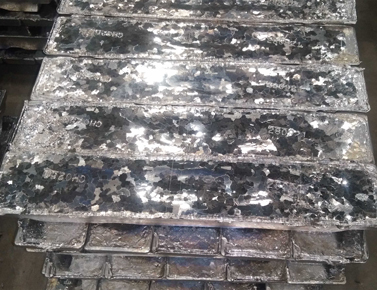 Lead ingots
Lead ingots
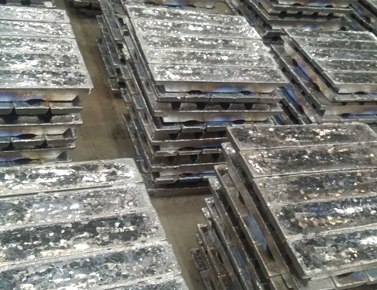 Lead ingots
Lead ingots
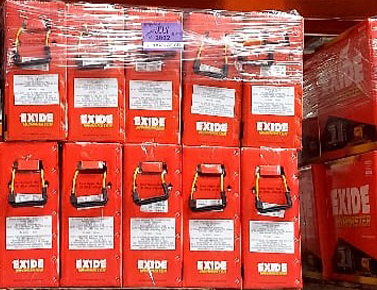 Packed batteries
Packed batteries
